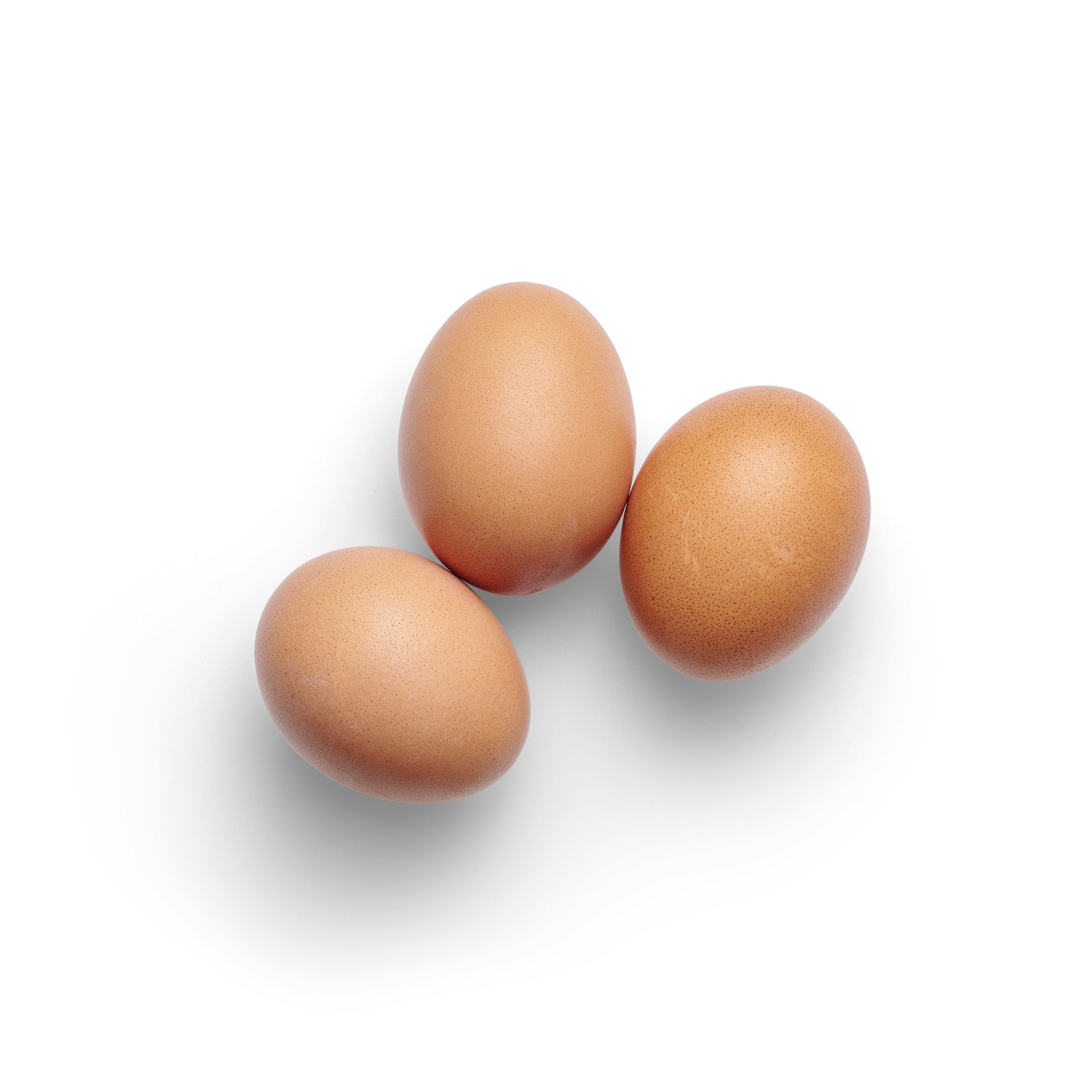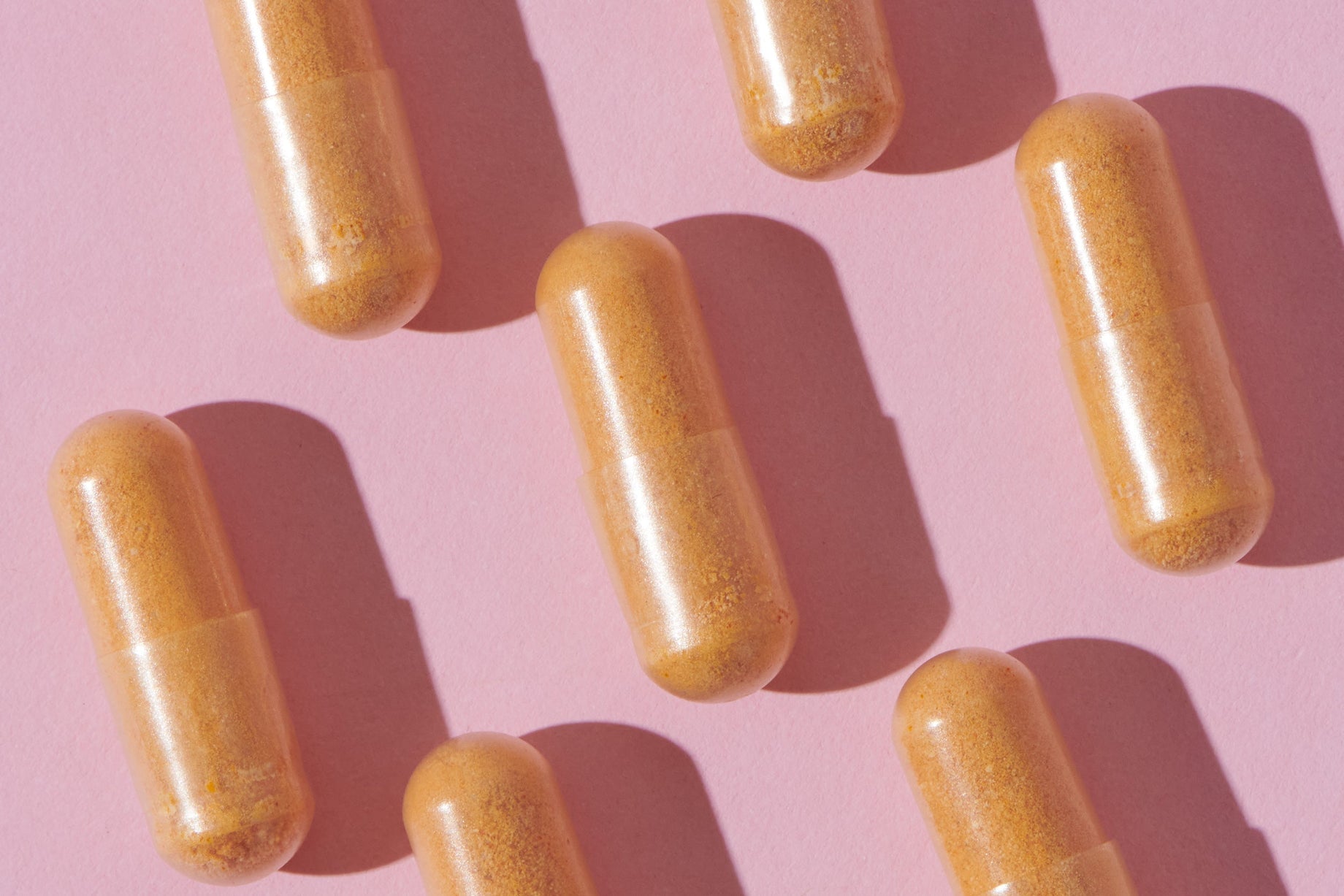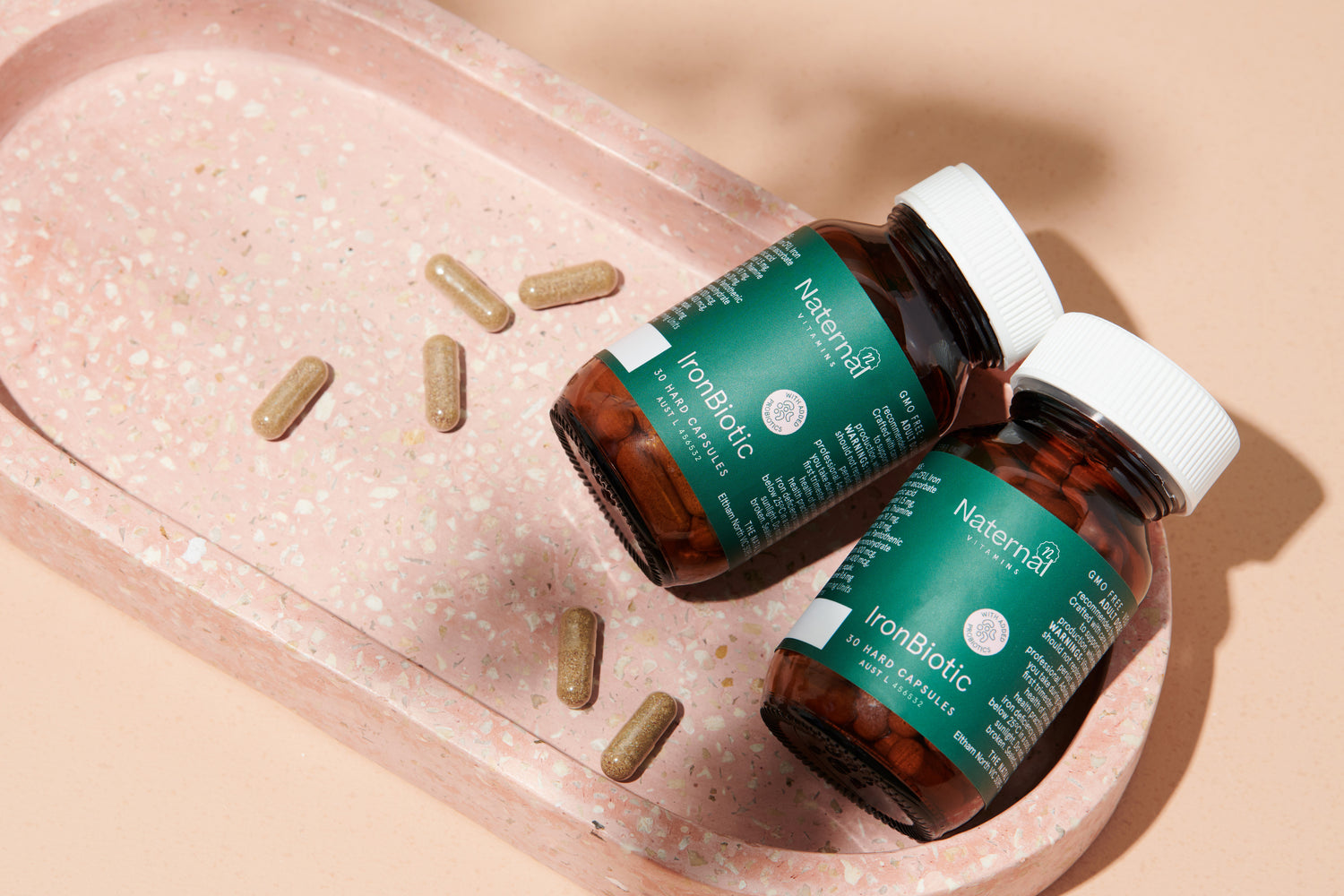Jump to:
Why Isn’t Your Iron Level Coming Up?
More than 1 billion people worldwide suffer from iron deficiency. Yet, despite supplementing, many struggle to raise their iron levels—or see only slow improvements over months.
Not All Iron Supplements Are Created Equal
The form of iron matters. Some types have low absorption rates (like ferrous sulfate), while others (like iron bisglycinate) absorb significantly better.
👉 Ferrous bisglycinate is 2 to 4 times more bioavailable than ferrous sulfate!
What’s Hindering Your Iron Absorption?
Iron supplements don’t absorb well when taken with:
- Calcium supplements
- Turmeric
- Dairy products
- Zinc
- Caffeine & black tea
Best practice: Take iron separately, ideally after dinner.
The Role of Hepcidin: Your Body’s Iron Gatekeeper
Hepcidin is a protein that regulates iron absorption. High hepcidin levels block iron absorption—this can happen due to:
- Inflammation or chronic infections
- Autoimmune diseases
- Frequent high-dose iron supplementation
Solution: Research shows taking iron every second day helps lower hepcidin levels and improve absorption.
Other Reasons Your Iron Levels May Be Low
- Heavy periods or internal blood loss
- Gut absorption issues (IBS, food intolerances, IBD, low stomach acid, coeliac disease)
- Underactive thyroid (hypothyroidism or Hashimoto’s)
- Copper or Vitamin A deficiency, both crucial for iron metabolism
The Bottom Line
If your iron levels aren’t improving, it’s time to look beyond the supplement itself. The form, timing, and underlying health factors all play a role.
Before making changes, consult your healthcare professional.
Scientific References & Sources
- Kortman GAM, Boleij A, Swinkels DW, et al. Iron availability increases the pathogenic potential of Salmonella typhimurium and other enteric pathogens at the intestinal epithelial interface. PLoS One 2012;7:e29968.
- Hallberg L, Ryttinger L, Sölvell L. Side-Effects of oral iron therapy. A double-blind study of different iron compounds in tablet form. Acta Med Scand Suppl 1966;459:3–10.
- Pineda O, Ashmead HD. Effectiveness of treatment of iron-deficiency anemia in infants and young children with ferrous bis-glycinate chelate. Nutrition 2001;17:381–4.
- Bovell-Benjamin AC, Viteri FE, Allen LH. Iron absorption from ferrous bisglycinate and ferric trisglycinate in whole maize is regulated by iron status. Am J Clin Nutr 2000;71:1563–9.
- Duque X, Martinez H, Vilchis-Gil J, et al. Effect of supplementation with ferrous sulfate or iron bis-glycinate chelate on ferritin concentration in Mexican schoolchildren: a randomized controlled trial. Nutr J 2014;13:71.
- Bagna R, Spada E, Mazzone R, et al. Iron supplementation with iron sulfate versus iron bisglycinate chelate in preterm newborns. Curr Pediatr Rev 2018;14:123–9.







